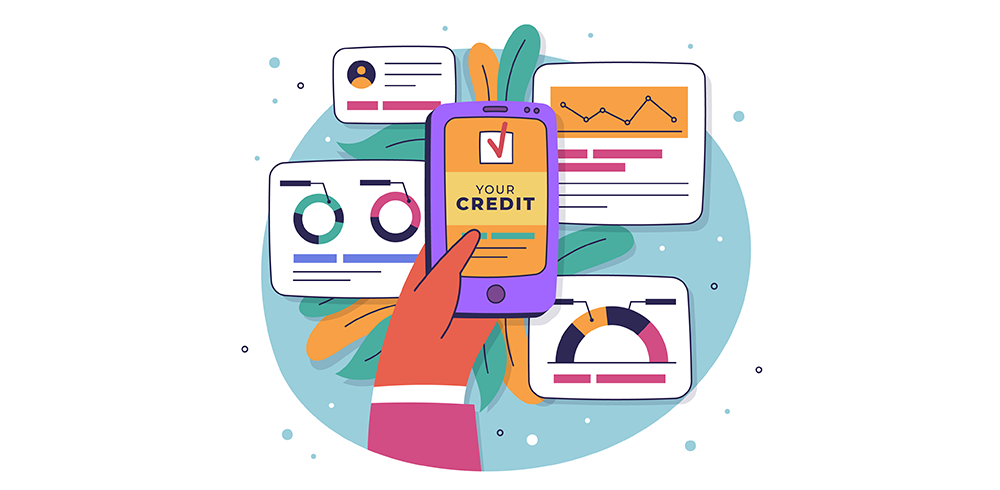In today’s digital age, the risk of falling for a loan scam is ever-present. WhatsApp is a popular platform for scammers to target potential victims. As a result, it is essential to know how to spot and avoid WhatsApp loan scams.
Knowing the signs of a scam, understanding the tactics used by scammers, and researching lenders before accepting a loan can help you stay safe. With the right knowledge and awareness, you can take the necessary steps to protect yourself from loan scams on WhatsApp.
What are WhatsApp Loan Scams?
A WhatsApp loan scam is when a scammer tricks you into taking out a loan and steals sensitive information. This type of scam is most common when you use online lending websites. Lenders might try to trick you into thinking they are legitimate by using WhatsApp to contact you. You can also see a loan scam if someone asks you for payment using a method other than the one agreed upon. This might be an attempt to trick you into sending money without expecting to receive it back.
If you are not careful when using these websites, you might fall prey to a scammer. A scammer might say they’re a legitimate lender but have a fake profile. They might use fake logos or a fake address to trick you into thinking they are a real company. They might even offer a loan with high-interest rates or fees. If you fall for their scam, you might be tricked into paying these fees. Then, they might disappear, leaving you with nothing.
Tips for Spotting a Loan Scam
If you are looking to apply for an instant personal loan on WhatsApp, you should be on the lookout for scammers who are not authorized companies. Many scammers try to trick you by pretending to be a legitimate lender. They might even use emojis and GIFs to make their message seem more friendly and approachable.
There are a few ways you can protect yourself when it comes to online loan scams.
- Be wary of scammers who approach you on websites such as Facebook and WhatsApp. Fake pop-up ads and websites might also lead you to scam websites. If a site looks suspicious or fake, do not visit it.
- If you use an online lending website, always check for the site’s address in your browser’s address bar. Scam websites will often use a similar domain name. For example, a scam site might use the address www.loan-money-today.com instead of www.loan-money-today.org.
- Beware of lenders who promise a quick loan with a high-interest rate. These are signs of a scam. A legitimate lender will offer you a low-interest rate.
How to Protect Yourself From Loan Scams
When it comes to protecting yourself against WhatsApp loan scams, the best thing to do is to be careful. Whether you are online or offline, be vigilant of any potential scams and take steps to avoid falling victim to them. Here are a few things you can do to protect yourself from online loan scams.
- Always research the company: Scammers often use fake websites and profiles to trick you into giving them money. Review their website, social media pages, and/or phone number to make sure they are legitimate. You can also search the company’s name in Google to see if there are any scam reports associated with it.
- Ask for the lender’s information: Legitimate lenders will not be offended if you ask for their name, phone number, or address. With this information, you can confirm the lender is legitimate.
- Pay attention to red flags: If a scammer contacts you, notice if there are any red flags. For example, if they try to rush you into making a decision or promise you a high return on your investment with little risk, they might be scammers.
- Block scammers: If you suspect a lender is a scammer, do not engage with them. Simply ignore the message and block the user
Apply for a WhatsApp Loan with CASHe
CASHe is a leading loan app offering instant personal loans, BNPL, and instant Pre-Approved CASHe Limits. Download the app today!










